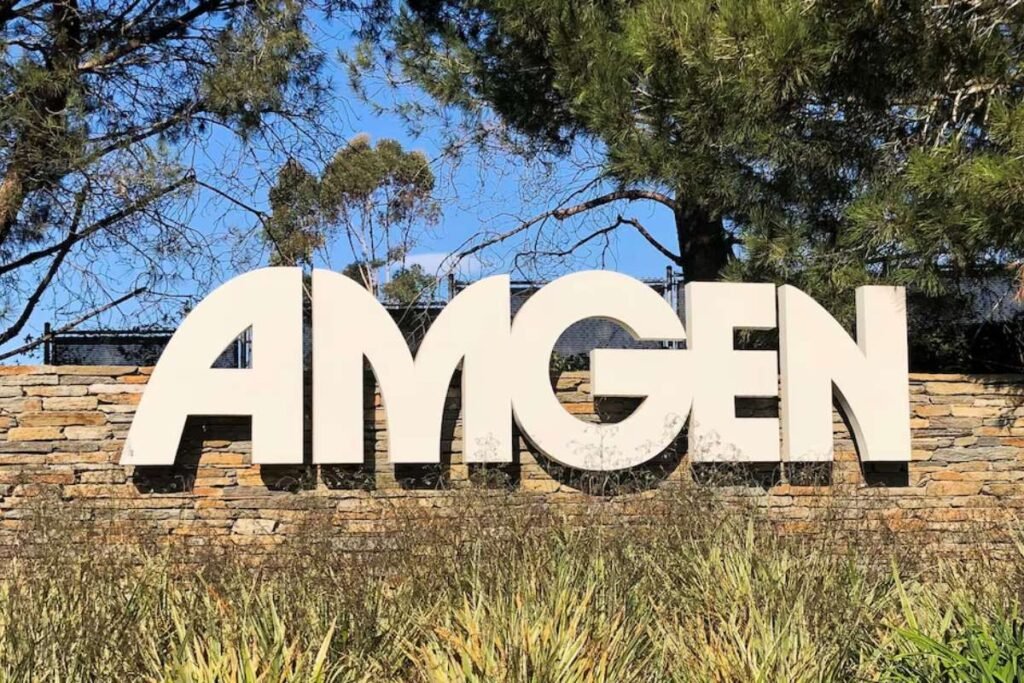Key Points:
- Breakthrough Trial Results: In the VESALIUS-CV Phase 3 trial, Amgen cholesterol drug cuts the risk of first major adverse cardiovascular events by 25%, including heart attacks and strokes.
- First-Time Prevention Success: Repatha is the first PCSK9 inhibitor proven effective for primary prevention in patients who’ve never had a heart attack or stroke.
- Global Impact Potential: The findings could expand Repatha’s use to millions of at-risk patients, reshaping cholesterol management and preventive cardiology worldwide.
Amgen cholesterol drug cuts the risk of major cardiovascular events by 25% among patients who had not previously suffered a heart attack or stroke, according to findings presented Saturday at the American Heart Association’s annual meeting in New Orleans.
The results, based on a study involving more than 12,000 participants, showed that adding Repatha to standard cholesterol therapy significantly lowered the likelihood of a first cardiac event. The drug also reduced the risk of a first heart attack by 36%, researchers said.
Effective in primary prevention
This study marks the first time a PCSK9 inhibitor—a class of drugs that target a specific protein to reduce bad cholesterol—has demonstrated effectiveness in primary prevention. Jay Bradner, Amgen’s head of research and development, said the findings could extend Repatha’s use to a broader group of patients.
“The label is important, but the data are what matter,” Bradner said. “Health insurers and payers rely on these results to guide coverage decisions.”
Amgen cholesterol drug cuts LDL levels by inhibiting the PCSK9 protein, which regulates low-density lipoprotein (LDL) cholesterol levels in the blood, is intended for people who do not respond adequately to statins. Statins are oral drugs that limit the liver’s production of LDL cholesterol but may not be effective for all patients.
Regulatory and commercial developments
In August, the U.S. Food and Drug Administration (FDA) expanded Repatha’s approval to include adults at increased risk of cardiovascular events due to uncontrolled LDL cholesterol. The change removed the earlier requirement that patients must already have cardiovascular disease before using the drug.
Amgen, based in Thousand Oaks, California, has also launched a direct-to-consumer sales program in the United States, offering Repatha to cash-paying patients at $239 per month—nearly 60% below its $573 list price.
Sales of Repatha grew 33% in the first nine months of 2025 compared with the same period a year earlier, reaching $2.15 billion. The drug was initially approved in 2015.
Competitive landscape
Pharmaceutical rivals are also advancing PCSK9 therapies. Merck & Co. is expected to present data from a Phase 3 trial of its oral PCSK9 inhibitor, enlicitide decanoate, later at the same scientific meeting. The study includes adults with high cholesterol and a history of major cardiovascular events such as heart attacks or strokes.
While Repatha reduced the relative risk of cardiovascular death by 21% in the trial, that finding was not considered statistically significant. Still, experts say the study’s results underscore the growing role of PCSK9 inhibitors in reducing heart disease risk among patients beyond those already diagnosed with cardiovascular conditions.
Amgen cholesterol drug cuts could influence treatment guidelines and expand the market for cholesterol-lowering therapies aimed at prevention rather than post-event care.









